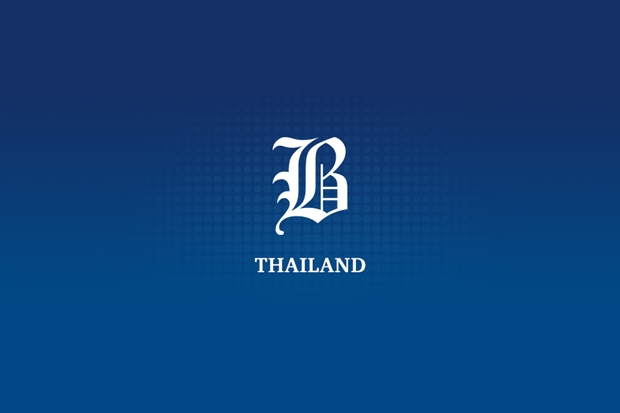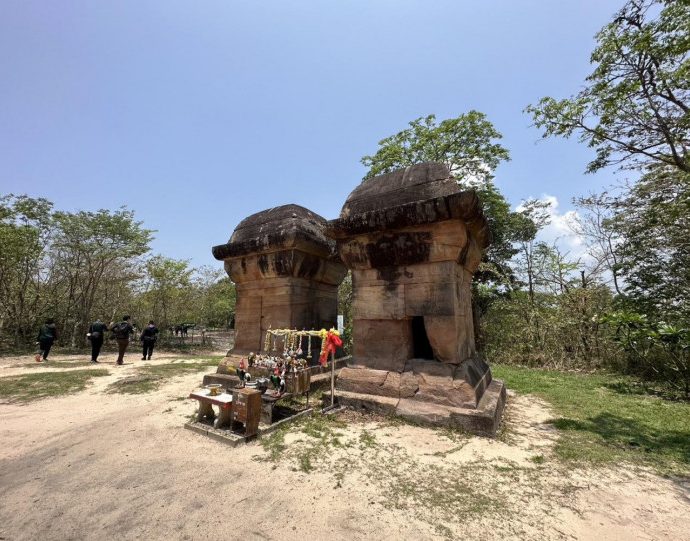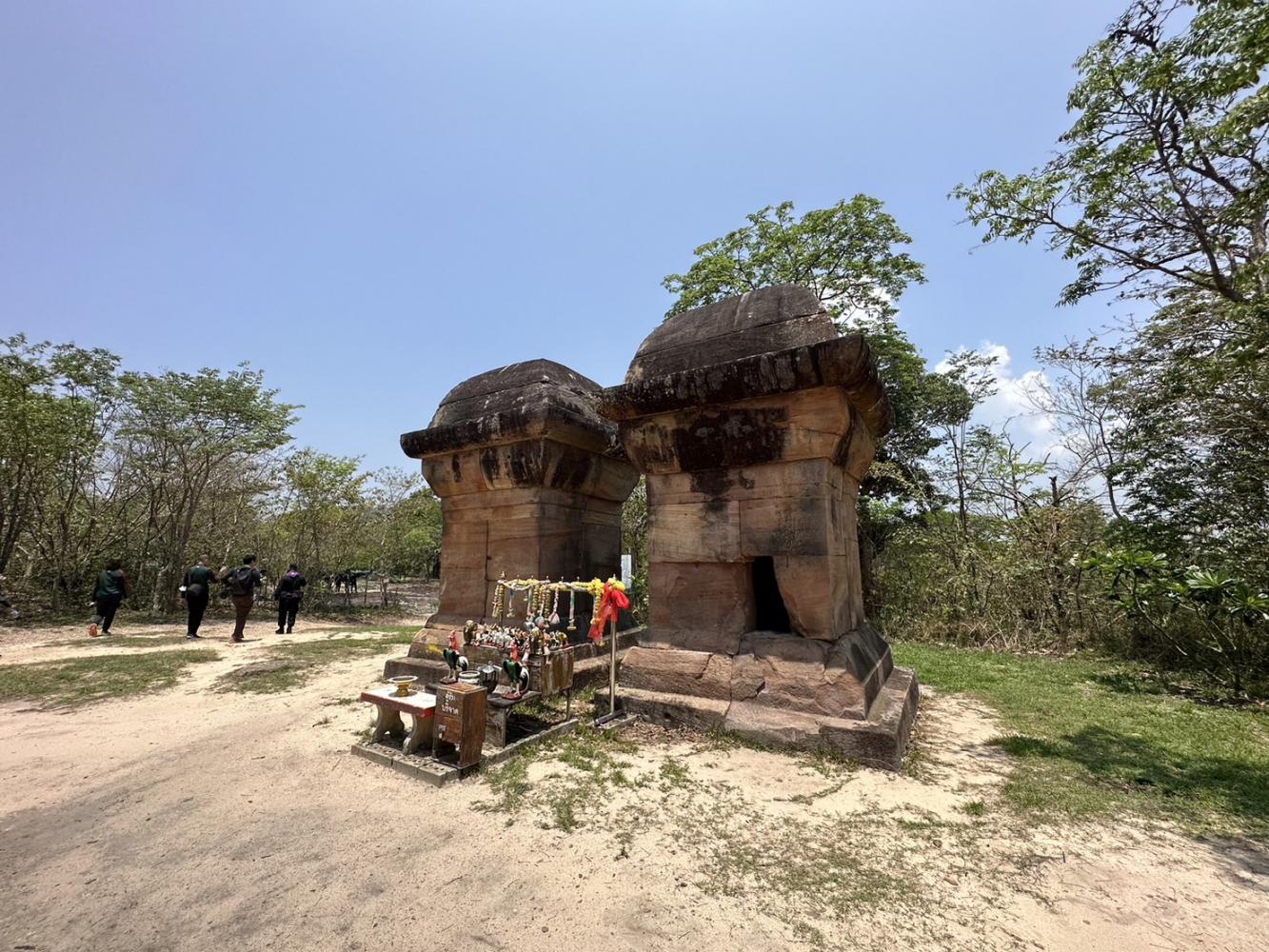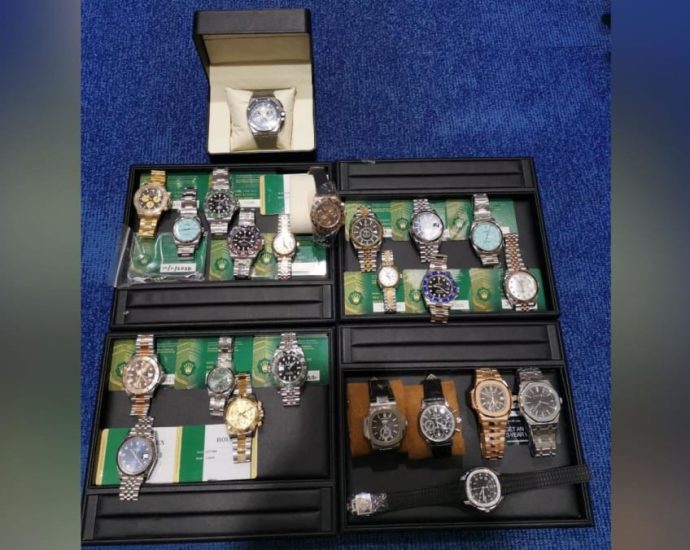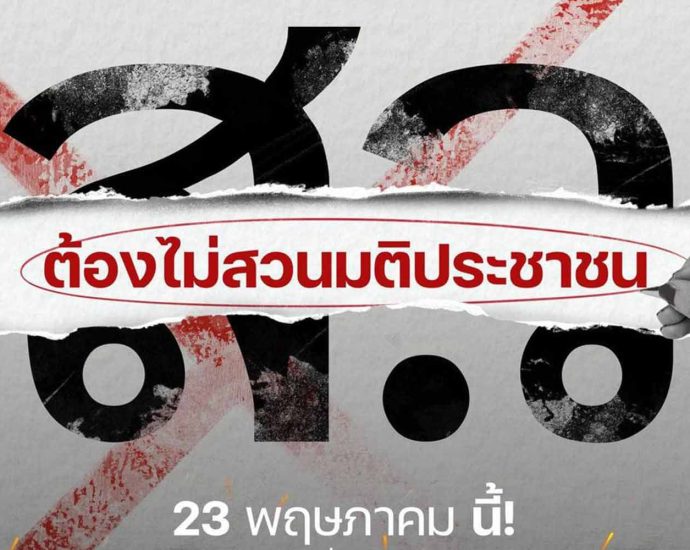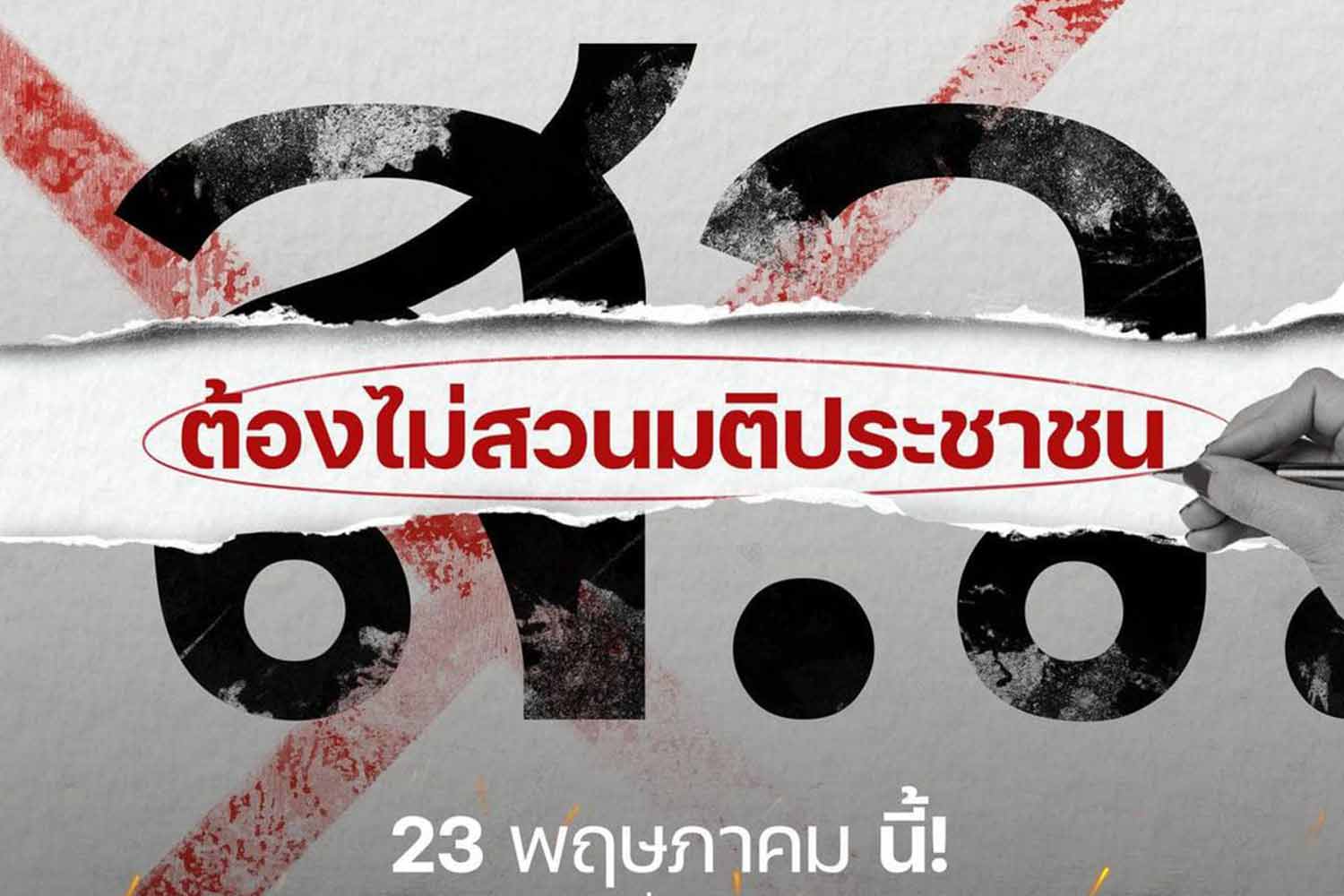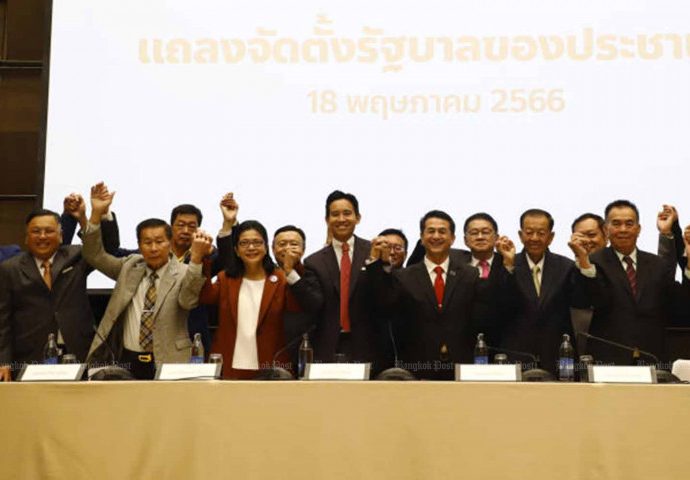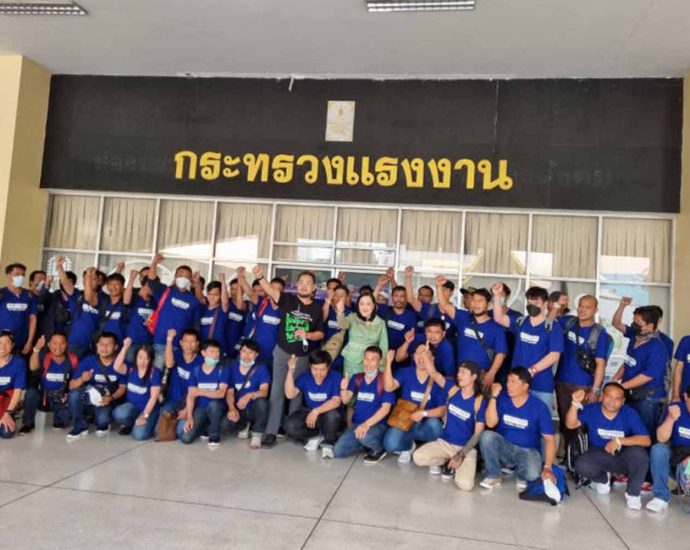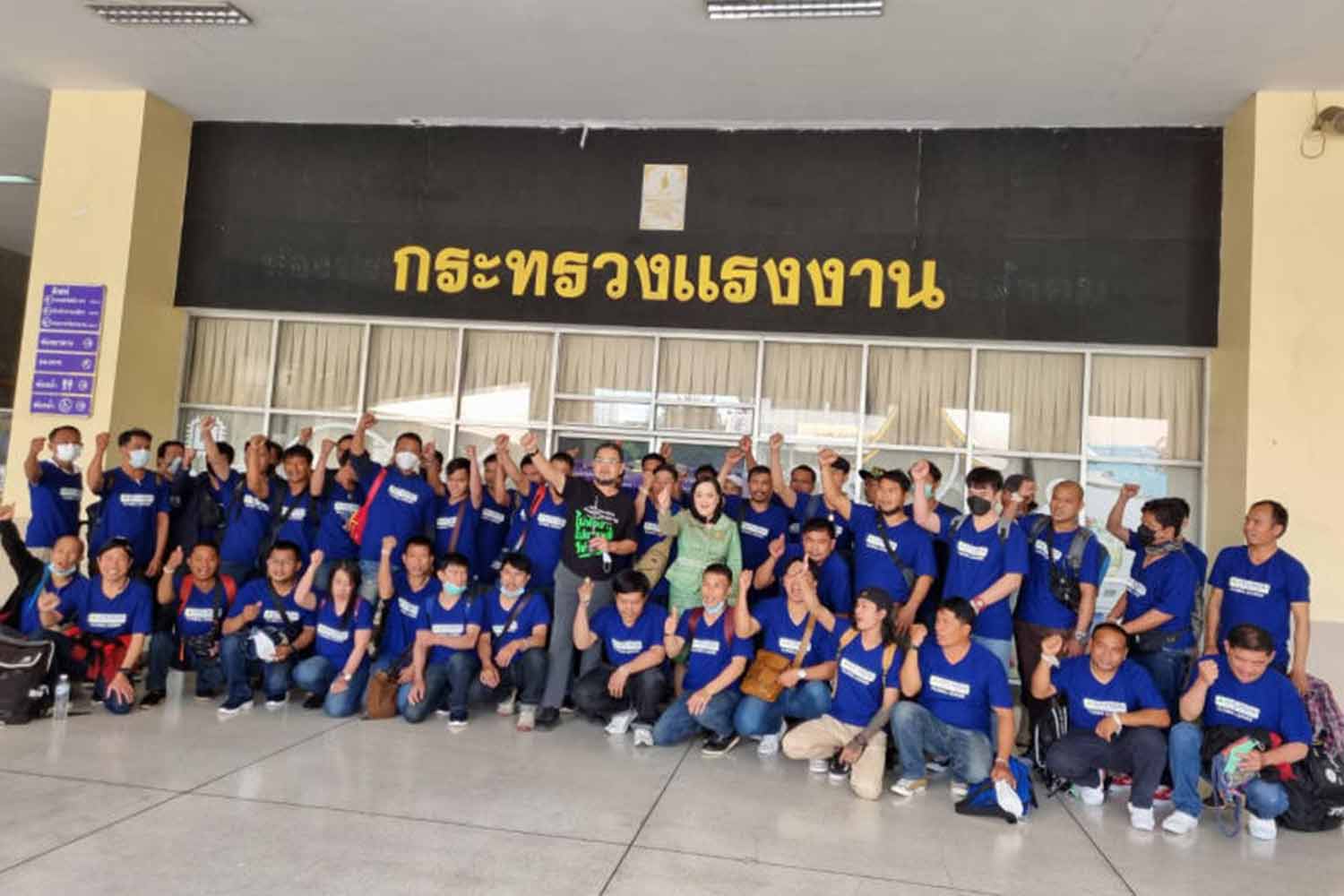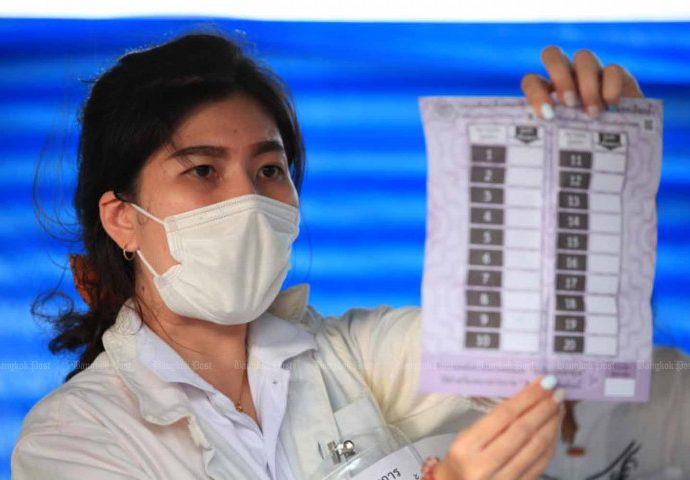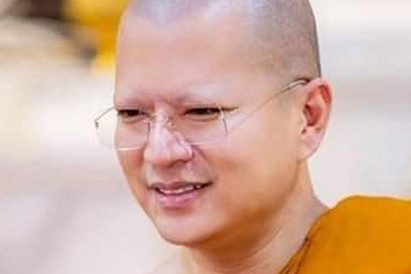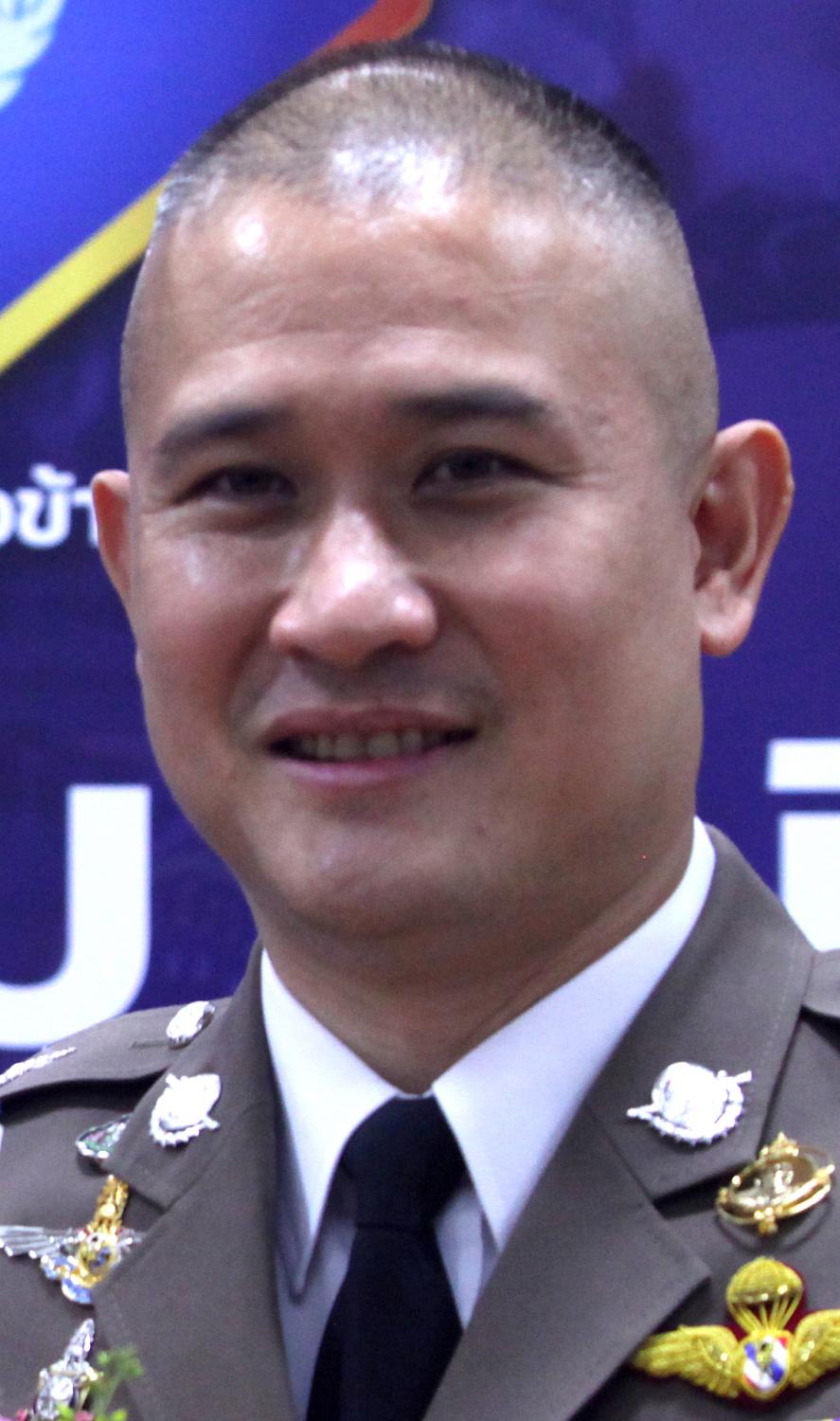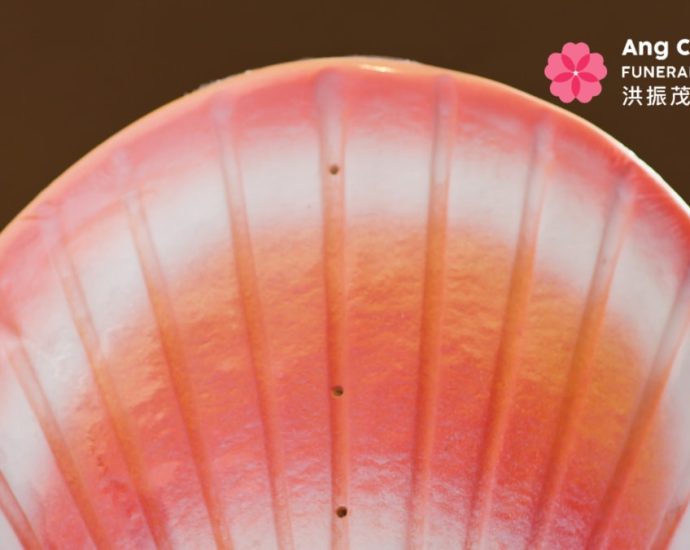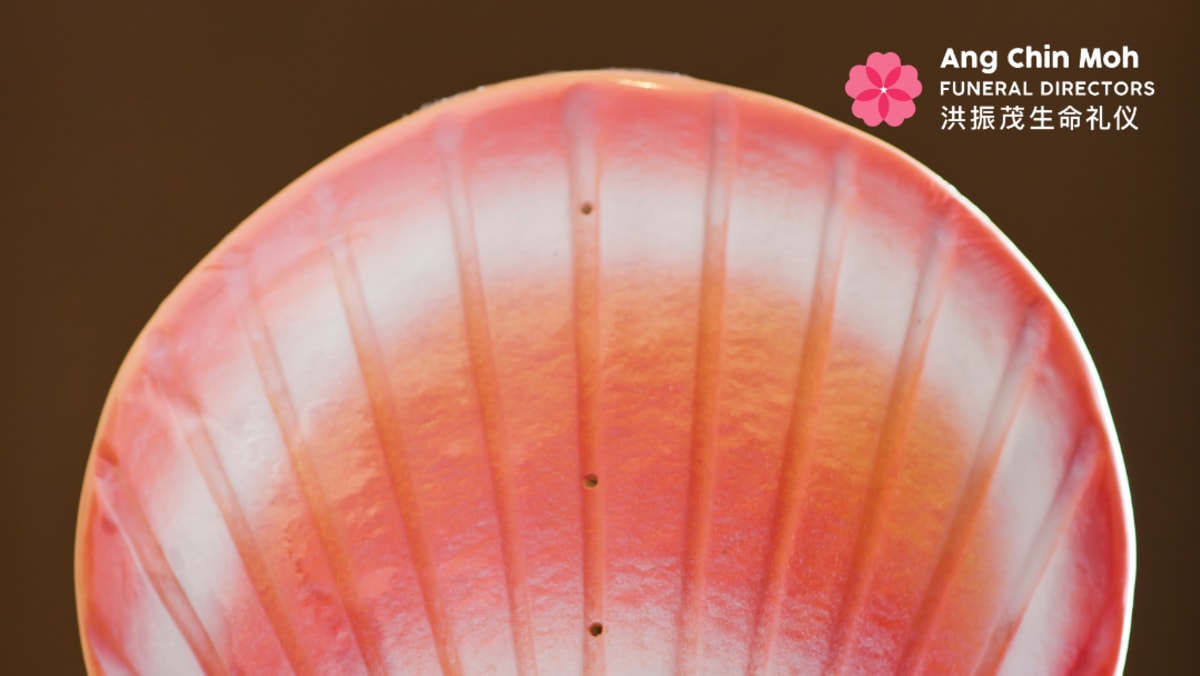DUP…UFTD rally to pressure senators

The pro-democracy the United Front of Thammasat and Demonstration (UFTD) group will hold a rally in front of parliament tomorrow at 5pm to pressure senators to vote for Move Forward Party (MFP) leader Pita Limjaroenrat as prime minister.
An image uploaded on Facebook showed the rally would be held on the same day that the Senate meets for an extraordinary session to discuss a proposal by the National Prevention and Suppression of Corruption and the State Audit Commission. That meeting will be held at 9am tomorrow.
“An election is an important tool to reflect the people’s need and intention,” the protest group said.
“When the people have voiced their need to see change, things should go in that direction under the democratic principle.
“But the 2017 constitution gives the 250 senators the right to vote to elect the prime minister although they are not tied in any way to the people,” it added.
The group said the rally will be held to pressure senators to follow the public’s will, referring to MFP’s election victory.
“It seems to us that some members of the Senate will vote against the people’s will and prevent change by any means,” it said.
Political activist Somyot Prueksakasemsuk said members of his group will also join the rally.
On the other side, a protest was organised in Ayutthaya yesterday to oppose any revision of the lese-majeste law, or Section 112 of the Criminal Code.
The mob, led by royalist activist Kanlayanee “Pha Ayutthaya” Juprang, began marching from Jao Phrom Market in Muang Ayutthaya district and demonstrated along Naresuan Road. Many placards showing support for the law were seen.
The demonstration lasted for about 40 minutes before it stopped due to a fight with political opponents.

